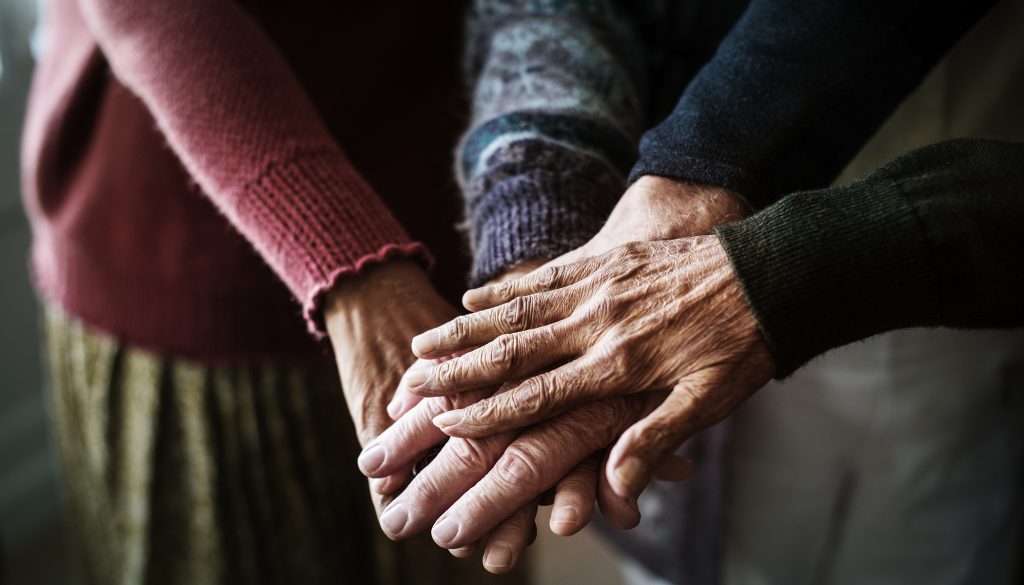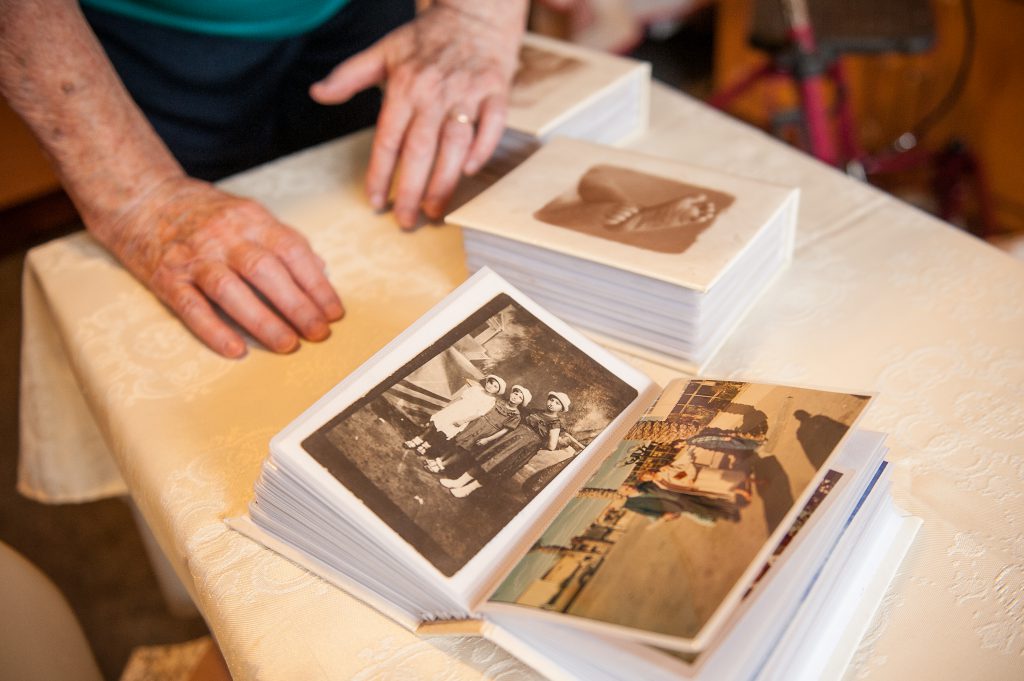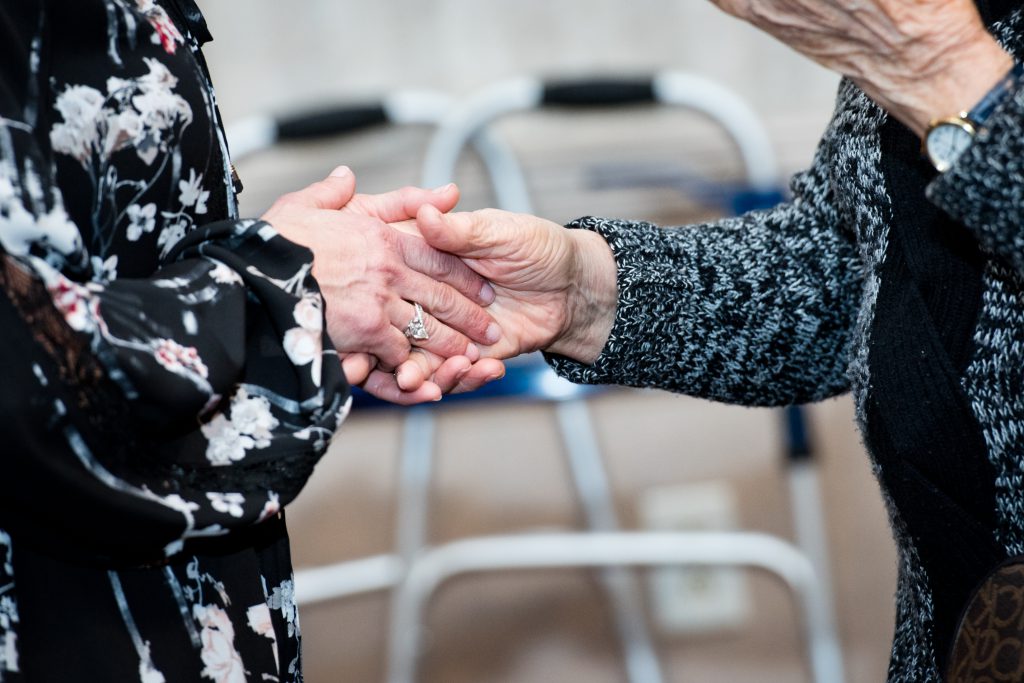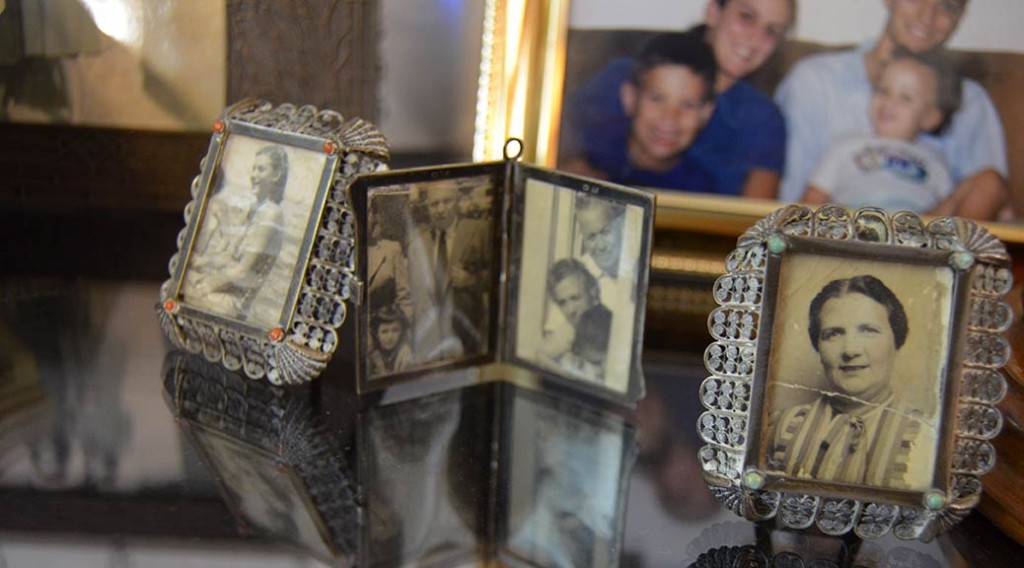By Myra Giberovitch The core experiences of psychological trauma are disempowerment and disconnection from others. J.L. Herman (1992) VICTIMIZATION Long-term victimization under a systematic and comprehensive program of genocide adversely affected the mental and emotional well-being of many survivors. ‘People who have endured horrible events suffer predictable psychological harm’ (Herman, 1992:3). Although survivors differ from…
Tag: education
By Renee Symonds BA Dip. Ed., MA Psych. An unconventional father, I had, A confirmed Communist too And here in Australia A Socialist would do A lover of languages He used them all, To shape his ideas, Compromising, not at all, As if a Pied Piper, he followed his tune As he stuck to his tune,…
By Dr. Eva Fogelman, Ph.D. If you are a Holocaust survivor with a grandchild and you seek to fulfill the awesome responsibility of perpetuating the memory of The Six Million, you face a great conflict and challenge. You cannot only discuss the Holocaust in the abstract but, rather, you need to share the experiences you…
By Irit Felsen, Ph.D. and Elizabeth Edelstein This paper describes the Educators program at the Museum of Jewish Heritage – A Living Memorial to the Holocaust in New York City. This program reflects the unique emphasis of the Museum on the lived experience of eyewitnesses to the events of the Holocaust and on interactive engagement with…
By Eli Somer*1 and Moshe Nizri1 Many researchers assume that the continuing influences of the Holocaust on its survivors are long-term, and hypothesize that its stamp is also present in the lives of the second and third generations of Holocaust survivors (e.g., Shmotkin et al., 2011). This assumption notwithstanding, controlled studies have found that second-generation…
Early Trauma and Resilience
Theory Through the Eyes of Child Survivors of the Holocaust By Svetlana Shklarov MD, Ph.D, RSW Somehow, we children who were meant to die, have lived. We have survived even our survival. And in our various stages of continued hiding many have carved out substantive lives with careers and family. And some have even broken…





